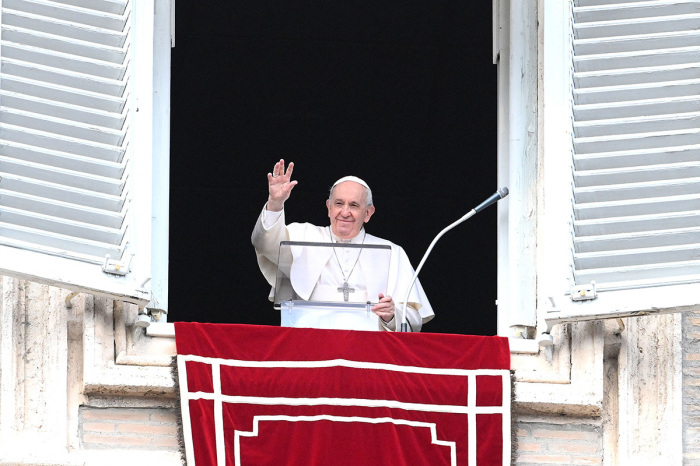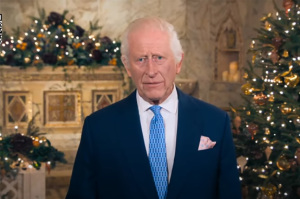Vatican condemns sex-change surgeries, surrogacy in new human dignity declaration

The Vatican has released a new document confirming the Catholic Church's opposition to gender transition surgeries and surrogacy as it seeks to draw attention to the institution's longstanding teachings about the indispensable dignity of the human person.
The Roman Catholic Church's Dicastery for the Doctrine of the Faith released a declaration titled "Dignitas Infinita" on Monday, seeking to clarify the Church's positions on various matters related to human dignity.
"[E]very person, regardless of sexual orientation, ought to be respected in his or her dignity and treated with consideration, while 'every unjust sign of discrimination' is to be carefully avoided, particularly any form of aggression and violence," the document reaffirms.
While suggesting that LGBT people deserve to be treated with dignity, the document condemns "gender theory" as an example of "a personal self-determination" that "amounts to a concession to the age-old temptation to make oneself God" and rejects the teaching that "human life, in all its dimensions, both physical in spiritual, is a gift from God" that "is to be accepted with gratitude and placed at the service of the good."
The declaration also takes issue with gender theory's denial of "the greatest possible difference that exists between living beings: sexual difference."
It stresses that "all attempts to obscure reference to ineliminable sexual difference between man and woman are to be rejected" because "we cannot separate the masculine and the feminine from God's work of creation, which is prior to all our decisions and experiences, and where biological elements exist which are impossible to ignore."
The document states that "any sex-change intervention, as a rule, risks threatening the unique dignity the person has received from the moment of conception." The dicastery stated the teaching laid out in the Catechism of the Catholic Church that "the human body shares in the dignity of 'the image of God'" and notes how Pope Francis previously declared that "we are called to protect our humanity, and this means, in the first place, accepting it and respecting it as it was created."
"Dignitas Infinita" decries surrogacy as a situation where "the immensely worthy child becomes a mere object," highlighting how "the practice of surrogacy violates the dignity of the child."
"The child has the right to have a fully human (and not artificially induced) origin and to receive the gift of a life that manifests both the dignity of the giver and that of the receiver," the declaration reads. "Moreover, acknowledging the dignity of the human person also entails recognizing every dimension of the dignity of the conjugal union and of human procreation."
"Considering this, the legitimate desire to have a child cannot be transformed into a 'right to a child' that fails to respect the dignity of that child as the recipient of the gift of life," the document maintained.
The declaration states that in surrogacy, "the woman is detached from the child growing in her and becomes a mere means subservient to the arbitrary gain or desire of others."
When it comes to euthanasia and assisted suicide, the declaration proclaims that "human life carries a dignity that must always be upheld."
"[T]here are no circumstances under which human life would cease from being dignified and, as a result, be put to an end," the declaration reads.
"Therefore, helping the suicidal person to take his or her own life is an objective offense against the dignity of the person asking for it, even if one would be thereby fulfilling the person's wish," the document stated.
When it comes to abortion, the declaration reaffirms the Catholic Church's longstanding opposition to the procedure, sharing a quote from Pope St. John Paul II taking issue with the "widespread use of ambiguous terminology, such as 'interruption of pregnancy,' which tends to hide abortion's true nature and to attenuate its seriousness in public opinion."
As explained at the beginning of the document, the efforts to create "Dignitas Infinita" date back to 2019, when the Congregation of the Doctrine of the Faith elected to commence "the drafting of a text highlighting the indispensable nature of the dignity of the human person in Christian anthropology" reflecting "the latest developments on the subject in academia and the ambivalent ways in which the concept is understood today."
Additional topics discussed in the declaration include poverty, war, human trafficking, sexual abuse, violence against women, the death penalty and the marginalization of people with disabilities.




























